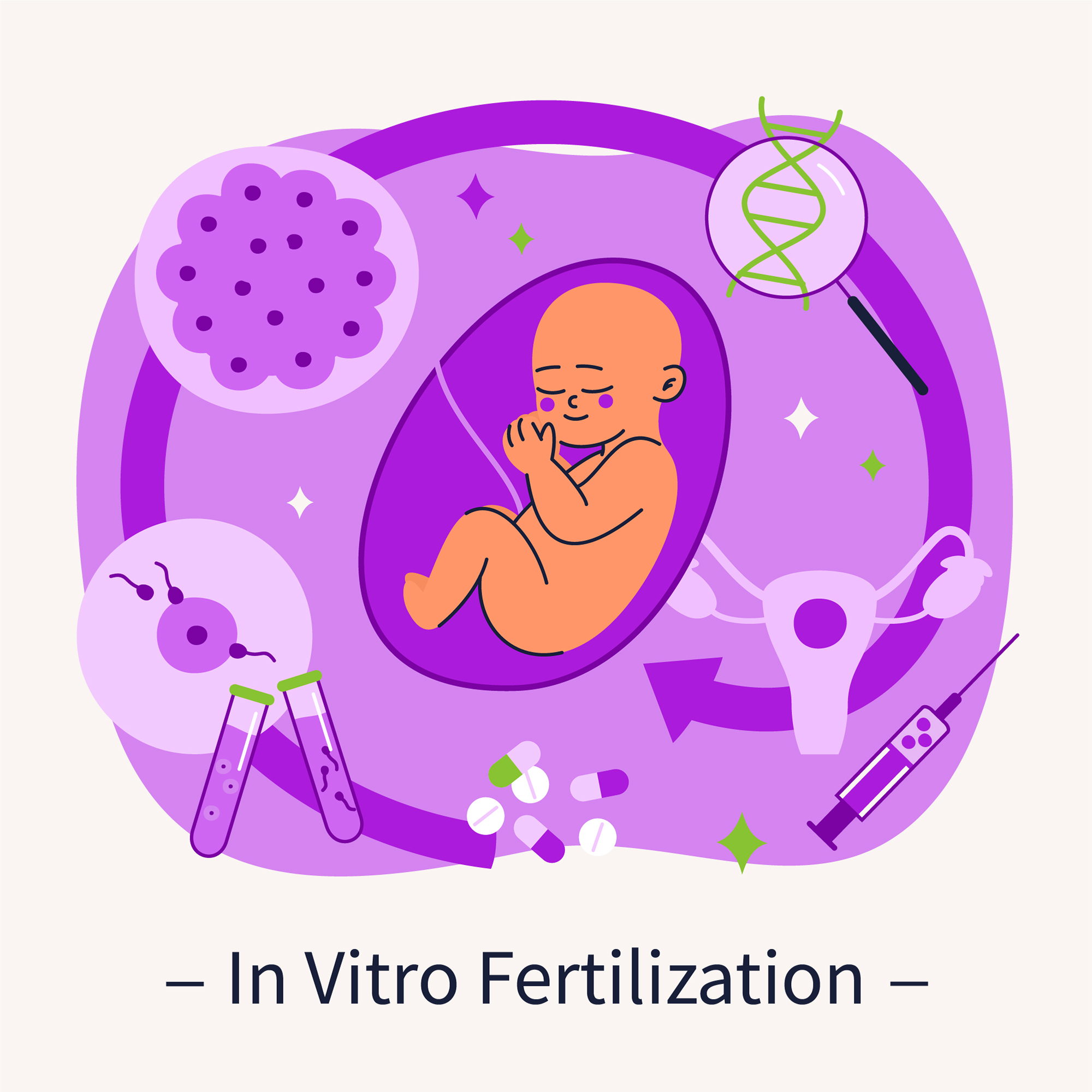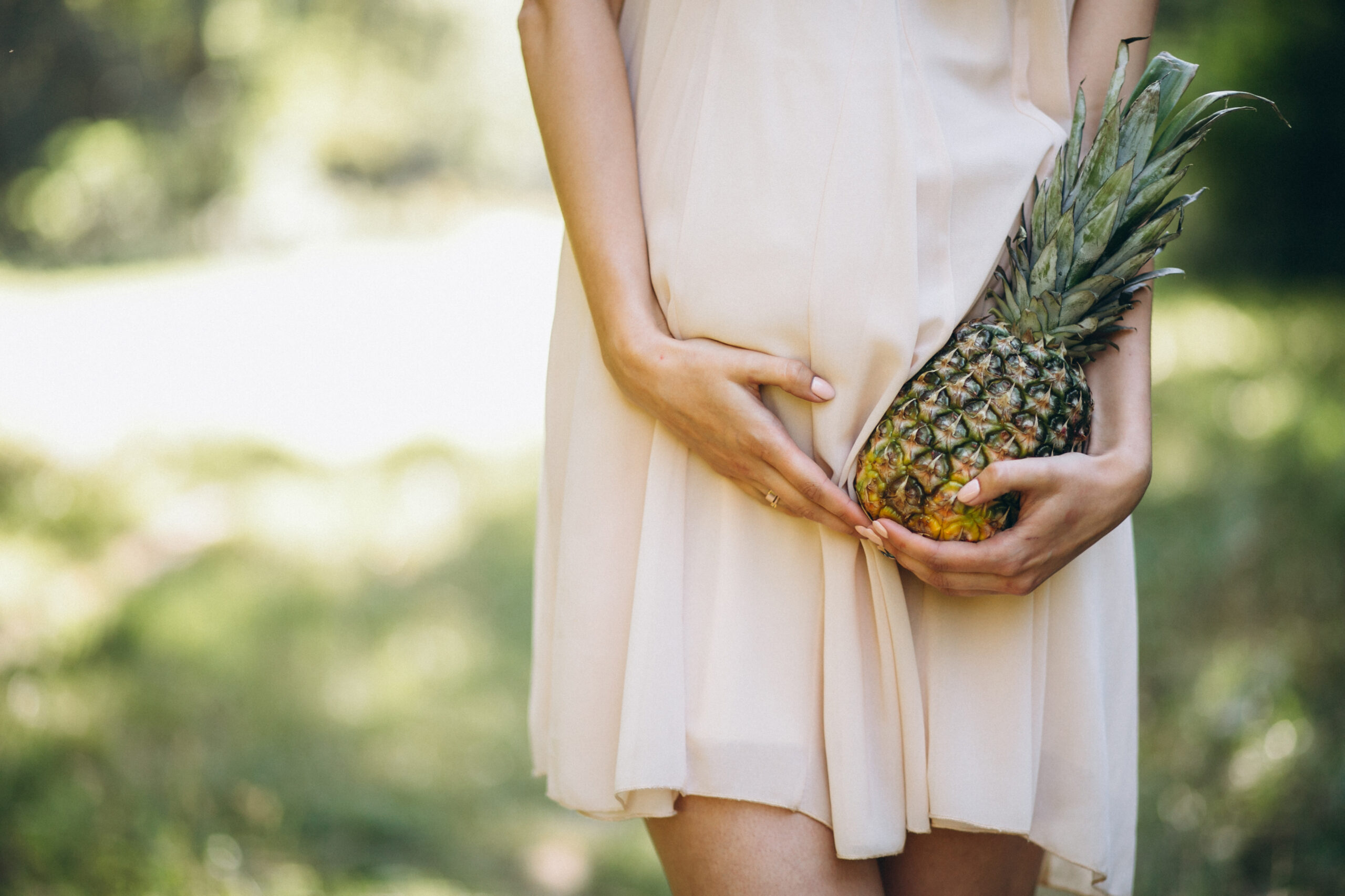IVF and ICSI Sound Similar — But How Do They Differ?
When couples begin their fertility journey, terms like IVF and ICSI often come up. While they may sound similar, they are two different treatment methods, each designed for specific situations — especially when it comes to sperm quality and male infertility.
Choosing between IVF and ICSI isn’t a one-size-fits-all decision. It depends on a couple’s medical reports, fertility history, and more. In this blog, we’ll explain the difference between IVF and ICSI in simple terms, so you can make informed decisions about your treatment.
🔬 What is IVF (In Vitro Fertilization)?
IVF, or In Vitro Fertilization, is one of the most well-known assisted reproductive techniques. It involves:
- Stimulating the ovaries to produce multiple eggs.
- Retrieving mature eggs from the ovaries.
- Mixing the eggs with thousands of sperm in a lab dish and allowing fertilization to happen naturally.
- Once embryos form, the healthiest one(s) are transferred to the uterus.
IVF relies on the sperm's ability to swim and fertilize the egg on its own. Therefore, it works best when the male partner has normal sperm parameters.
🧪 What is ICSI (Intracytoplasmic Sperm Injection)?
ICSI is a specialized form of IVF used in cases of male infertility or poor fertilization in prior IVF cycles.
Here’s how it differs:
- Eggs are retrieved just like in IVF.
- A single healthy-looking sperm is directly injected into each egg using a microneedle.
- Fertilized embryos are cultured and transferred to the uterus.
ICSI bypasses the natural fertilization process, making it ideal when the sperm can't reach or penetrate the egg on its own.
🆚 IVF vs ICSI – What’s the Difference?
| Feature | IVF | ICSI |
| Fertilization method | Sperm fertilize the egg naturally in lab | Single sperm is manually injected into egg |
| Best for | Normal sperm count and motility | Male infertility, poor sperm count or motility |
| Cost | Slightly lower than ICSI | Slightly higher due to lab technique |
| Success Rate | Depends on sperm quality | Higher fertilization rate in male factor cases |
| Sperm requirement | Thousands of motile sperm | Even 1 good sperm per egg is enough |
👨⚕️ When is ICSI Recommended?
Your fertility specialist may recommend ICSI if:
- Low sperm count (oligospermia)
- Poor sperm motility (asthenozoospermia)
- Abnormal sperm shape (teratozoospermia)
- Previous IVF cycle with failed fertilization
- Use of frozen, surgically retrieved, or donor sperm
- Unexplained infertility
Even in cases of mild male factor infertility, ICSI may improve fertilization outcomes.
👩⚕️ When is IVF Enough?
IVF is a good option if:
- Both partners have normal fertility parameters
- Tubal blockages or female factor issues are present
- You're using donor eggs or donor embryos
- It's your first ART cycle with no prior fertility complications
Your doctor may also start with IVF and switch to ICSI in future cycles if fertilization issues are noted.
👨🔬 ICSI and Male Infertility — A Game Changer
In India, male infertility is often underdiagnosed due to social stigma. However, it contributes to nearly 40–50% of infertility cases. ICSI has revolutionized treatment for men with:
- Very low sperm count
- Zero motility
- Previous vasectomy or testicular issues
- Genetic or hormonal conditions
Even if only a few viable sperm are found, ICSI can help achieve fertilization — something not possible through traditional IVF.
🏥 Fertility Care with Expertise Matters
Choosing between IVF and ICSI isn't just a technical decision — it requires experienced embryologists, advanced lab facilities, and personalized treatment planning.
At Nova IVF, Banjara Hills, Dr. Durga Vytla, a leading fertility specialist in Hyderabad, ensures that every couple receives the most appropriate treatment based on their unique fertility profile.
“It’s not about choosing what’s more advanced — it’s about choosing what’s right for you,” says Dr. Durga Vytla. “IVF and ICSI are both effective, but the success lies in correct diagnosis and timing.”
💬 Common Questions About IVF vs ICSI
❓ Which is better – IVF or ICSI?
Neither is “better” universally. IVF works well for couples with no male factor issues. ICSI is better when there are sperm-related problems.
❓ Is ICSI more successful than IVF?
ICSI has higher fertilization rates in male infertility cases, but pregnancy rates depend on overall embryo quality and uterine health.
❓ Is ICSI safe for the baby?
ICSI is generally considered safe and is widely practiced globally. Long-term studies show no significant increase in birth defects.
🌈 Final Thoughts: Informed Choices = Better Outcomes
Understanding the difference between IVF and ICSI can reduce stress and confusion in your TTC (Trying to Conceive) journey. Remember:
- IVF allows natural fertilization in the lab.
- ICSI involves direct sperm injection and is ideal for male factor infertility.
Both methods have brought joy to millions of couples worldwide, and with the right guidance, one of them could be your path to parenthood too.
📍 Need Expert Fertility Advice?
Dr. Durga Vytla, a trusted fertility specialist at Nova IVF Banjara Hills, Hyderabad, has helped countless couples navigate IVF, ICSI, and other fertility treatments with compassion and evidence-based care.
For couples struggling to conceive, getting a detailed evaluation and customized plan is the first step toward success.
#DrDurgaVytla #IVFHyderabad #FertilitySpecialist
#NovaIVF #IVFSuccess #IVFvsICSI #FertilityExplained
#MaleInfertilityIndia #ICSIIndia #TTCJourneyIndia
#FertilityAwareness #EmbryologyExplained
#FertilityOptionsIndia #ICSIExplainedSimple
#BestIVFDoctor #IVFExpertHyderabad




